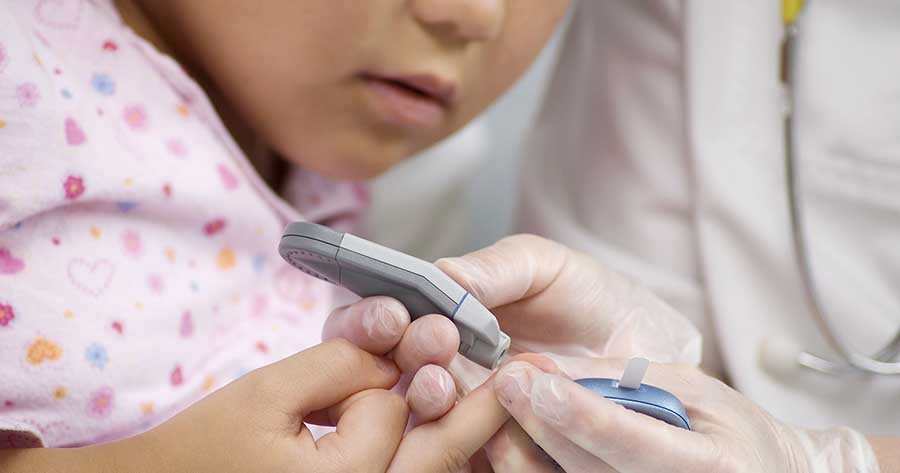Who would have believed it? Only 3 years ago diabetes specialist nurses (DSNs) were finally given access to extended nurse prescribing training, now known as non-medical prescribing (Department of Health [DoH], 2002). This meant that appropriately trained DSNs, along with other nurses from various disciplines, could prescribe independently from a limited range of medicines for specific medical conditions. At that time DSNs were dismayed that the majority of diabetes medicines were not included in this formulary, so prescribing had to be undertaken through a supplementary prescribing process.
Clinical management plans (CMPs) were developed and agreements had to be reached between the DSN who was prescribing (the ‘supplementary prescriber’), the doctor (the ‘independent prescriber’) and the person with diabetes. Initially DSNs and trusts found the path of supplementary prescribing to be complicated, and there were many questions to be answered.
- Did the independent and supplementary prescriber need to sign the CMPs?
- Did the CMPs have to be approved by medicines management boards?
- What about nurses giving advice regarding diabetes medication who had not undertaken extended nurse prescribing training?
Indeed, one might wonder who would want to access training when the system of supplementary prescribing was fraught with difficulty. Access to the independent prescriber was also problematical, particularly for those working in rural areas. The range of medicines – although expanded in 2005 to cover around 240 medicines for 110 conditions (DoH, 2005b), including soluble insulin for emergency use – remained extremely limited for diabetes care. The formulary was complex and its link to only specified conditions almost verged on the ridiculous in some instances. For example, nurses could prescribe aspirin 300mg for headaches but not 75mg for cardiovascular protection.
The DoH – recognising that the process was complicated and that piecemeal additions to the Nurse Prescribers’ Extended Formulary were labour and time intensive – initiated a consultation process in 2005, giving a range of options for the future of non-medical prescribing (DoH, 2005a). This exercise has led to a real milestone in non-medical prescribing; in the spring of this year, nurses completing the appropriate training will be able to prescribe from the entire British National Formulary, including some controlled drugs. It should be emphasised, however, that prescribing can only take place within the prescriber’s own scope of practice, and patient safety is paramount (2005b).
What difference will this make for DSN non-medical prescribers? While some may have dreamed of having this degree of autonomy, it does come with additional responsibilities and concerns. It is not an open invitation to prescribe everything for every person. Doctors have already voiced strong concerns that nurses will prescribe unsafely and out of their own area of competence (British Medical Association, 2005). It is more likely that DSNs will prescribe only a small range of medications which they are very familiar with, such as insulin, oral hypoglycaemic agents, antithrombolytic agents, statins, folic acid and some antihypertensive agents.
This new autonomy will mean more intensive training and even higher standards of care. The Nursing and Midwifery Council is in the process of setting standards for non-medical prescribing and this will include recommendations for training, course content, examination criteria and ongoing professional development. CMPs may not become a thing of the past for some. It may be that they will still be used for some situations, such as for nurses just completing prescribing training, or if an established practitioner wishes to add a new range of medications to his or her prescribing portfolio and prefers to use the plans in the short term.
To return to the question at the start, who would have dreamed 3 years ago that non-medical prescribing would have come so far? Now pharmacists, optometrists, radiographers and podiatrists are adding to the increasing numbers of non-medical prescribers. The training will remain competency based and intensive. The prescribing process may become simpler but nurses and trusts need to ensure that competencies are maintained and that there is ongoing professional development. New legislation will enable people with diabetes to benefit from easier access to medication but patient safety must remain the prime focus of the process.




Combined weight loss and sleep apnoea control yields better results than weight loss alone.
4 Feb 2026